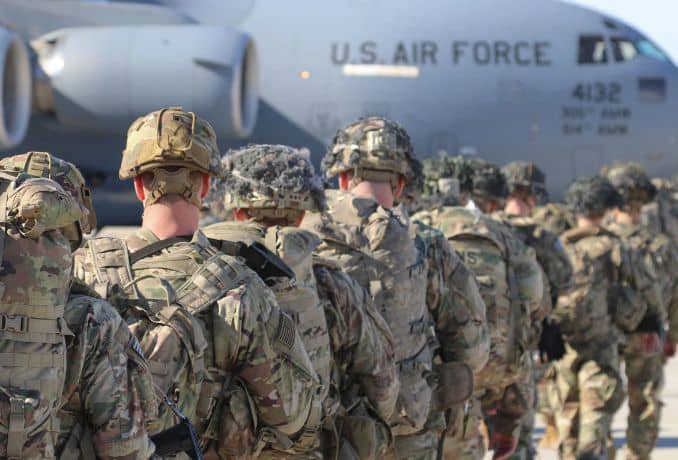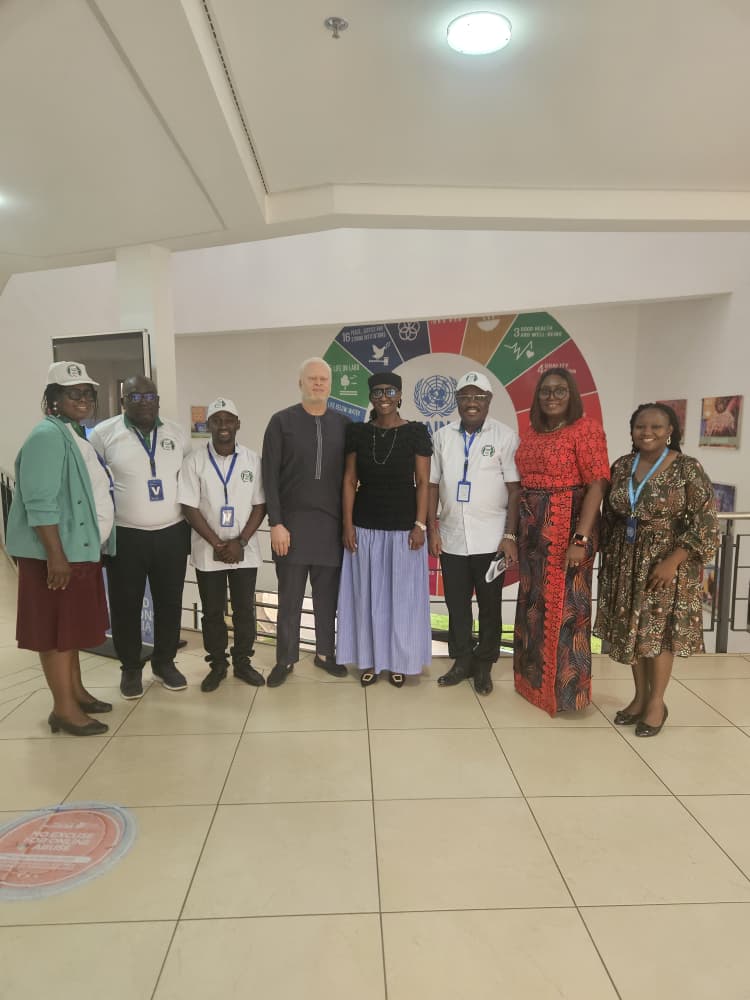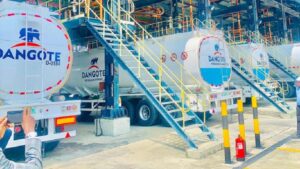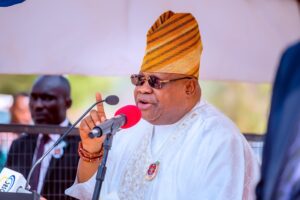World Bank Approves $1.08bn Loan For Nigeria
The World Bank announced on Wednesday that it had approved a total of $1.08 billion in concessional financing for Nigeria to enhance education quality, build household and community resilience, and improve nutrition for underserved groups.
In a statement, the world’s largest multilateral development bank said that the loan is intended to help strengthen its extensive reach and impact in Nigeria in the face of economic hardships, especially in the wake of the Federal Government’s economic reforms in 2023.
According to the statement, the loan comprises $500 million in additional financing for the Nigeria Community Action for Resilience and Economic Stimulus (NG-CARES) Program, $80 million for Accelerating Nutrition Results in Nigeria (ANRIN 2.0), and $500 million for Hope for Quality Basic Education for All (HOPE-EDU).
Specifically, the statement said that the NG-CARES Program will support the Nigerian government in expanding access to livelihood support, food security services, and grants for poor and vulnerable households and communities.
The financing for ANRIN aims to increase the utilization of quality and cost-effective nutrition services for pregnant women and lactating mothers, adolescent girls, and children under five in select areas.
The new financing for HOPE-EDU will focus on improving foundational learning, access to basic education, and strengthening education systems in participating states.
It further stated that the NG-CARES Program was initially designed to respond to the COVID-19 pandemic and has since evolved into a shock-responsive platform providing multisectoral interventions for the poor and vulnerable.
Implemented at the subnational level across all 36 states and the Federal Capital Territory, the program stimulates the local economy through social transfers, labor-intensive public works, livelihood grants, basic community services, agriculture and food security interventions, and support to micro and small enterprises.
The additional financing will strengthen the program’s extensive reach and positive impact, underscoring the need for continued support in the face of economic hardships, including those from the 2023 fuel subsidy reforms and foreign exchange rate unification.
The statement noted that ANRiN 2.0, which aligns with Nigeria’s National Development Plan (2021-2025), the Multisectoral Plan of Action for Food and Nutrition (2021-2025), and the Nutrition-774 initiative, offers an evidence-based, multisectoral approach to combating malnutrition and food insecurity, focusing on maternal and child health, integrated nutrition services, and household food security.
It added that the program will increase the utilization of preventive and curative nutrition services, improve maternal and young child feeding practices and dietary diversity, increase access to micronutrient-rich foods, and provide essential nutritional support to vulnerable populations, mitigating the immediate risks of malnutrition and food insecurity.
The initial ANRIN program reached over 13 million children under five with nutrition services between 2018 and 2024.
For HOPE-EDU, which is part of a series of three interrelated operations alongside HOPE-Governance and HOPE-Primary Health Care, the program aligns with Nigeria’s Universal Basic Education program objectives and strategies.
HOPE-EDU will support structured pedagogy approaches to foundational literacy and numeracy, create learning opportunities where school overcrowding impedes participation, and adopt decentralized allocation and management of Universal Basic Education Intervention Funds, school management, and system information.
The program is expected to directly benefit 29 million children enrolled in public primary schools, 500,000 public primary teachers, and more than 65,000 public primary schools and their School-Based Management Committees.
The program will also receive co-financing in the amount of $52.18 million from the Global Partnership for Education Fund.
The statement quoted World Bank Country Director for Nigeria, Ndiamé Diop, as saying: “Investing in human capital is critical for Nigeria as it offers the best opportunity to unlock the enormous potential of the country.
“These new sets of programs will help Nigeria accelerate education quality and support vulnerable citizens.
“The HOPE-EDU program will enable better education outcomes by implementing bold reforms and making the right investments to equip the fast-growing young population with foundational skills and knowledge necessary for rapid and inclusive economic growth.
“Nutrition interventions from ANRIN will enhance household access to micronutrient-rich foods and nutrition services at the primary healthcare level, improve dietary diversity, and provide essential nutritional support to vulnerable populations, mitigating the immediate risks of malnutrition and food insecurity.
“The NG-CARES additional financing will support the Nigerian government in transitioning from responding to and recovering from the COVID-19 crisis to building household and community resilience.”















Post Comment